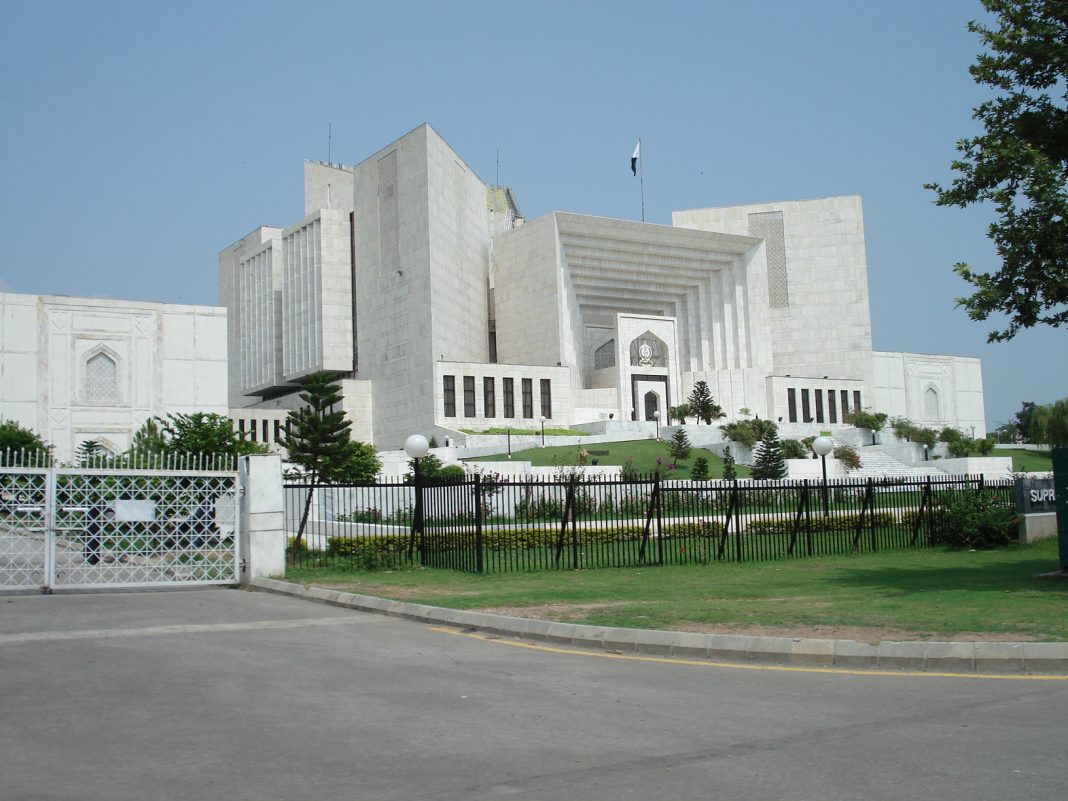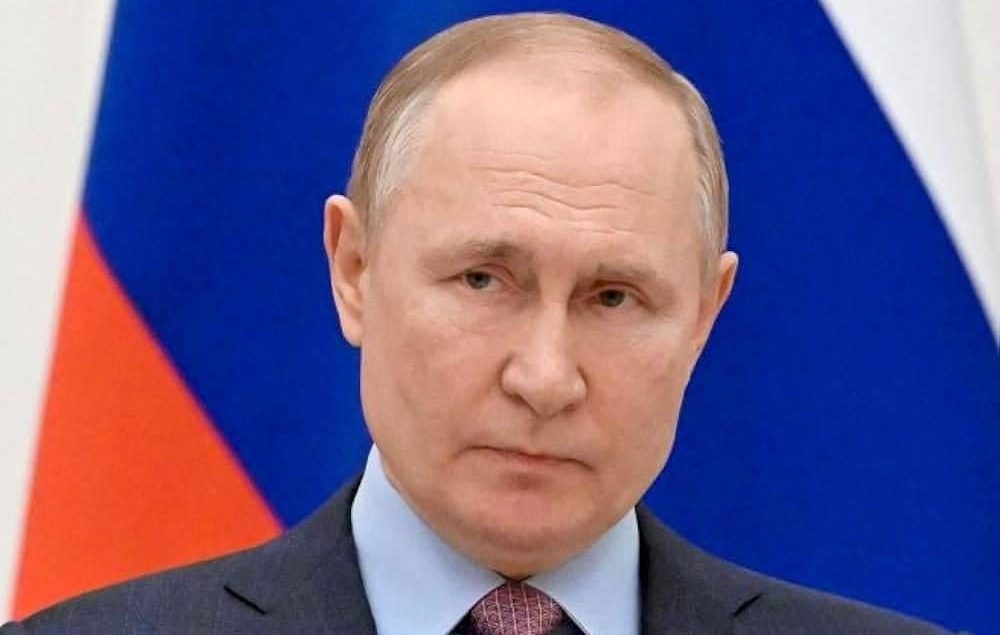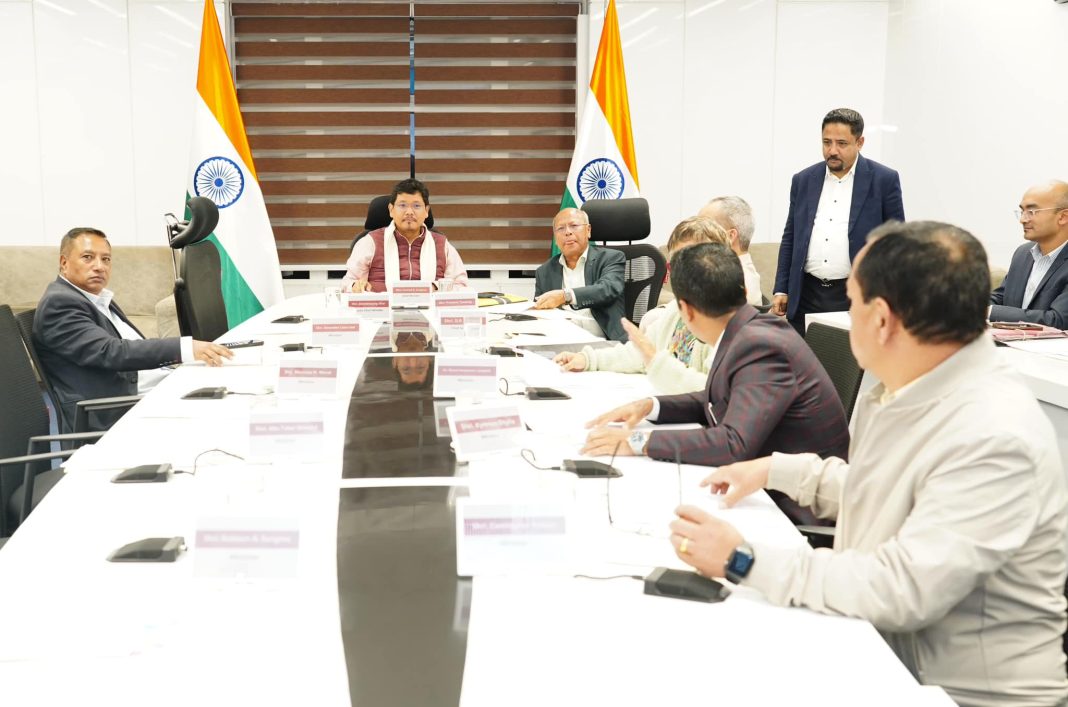Islamabad, Oct 18: Pakistan’s Supreme Court on Friday clarified that changes to the elections law could not undo its verdict in the reserved seats case, putting pressure on the election commission to implement its ruling.
A 13-member bench of the apex court on July 12 ruled that the Pakistan Tehreek-e-Insaf (PTI) party was eligible for the seats reserved for women and non-Muslims in the national and provincial assemblies.
The court also declared jailed former prime minister Imran Khan’s PTI a parliamentary party.
The majority judgement explained that the national assembly’s 39 out of 80 members shown by the Election Commission of Pakistan (ECP) as PTI candidates belonged to the party while the 41 independents were mandated to file duly signed statements before the polling body within 15 days.
It said the members contested the February 8 elections as a candidate of a particular political party.
However, the ECP demurred to fully implement the judgment due to the controversial Election (Second Amendment) Bill 2024 hurriedly passed by the parliament following the apex court judgement which sought to bar the PTI-backed “independent” legislators from joining the party.
Based on the changes to the elections law, National Assembly Speaker Ayaz Sadiq’s letter to the ECP in August said the judgment on reserved seats “cannot be implemented under the Amended Election Act, 2017”.
The apex court for the second time on Friday clarified that changes in the elections law could not be applied retrospectively.
“Since the commission and PTI both have asked for a second clarification, we want to simply clarify and reiterate the well-settled exposition of law that the effect of the amendment made in the Elections Act cannot undo our judgment with retrospective effect.
“The amendments made in the Elections Act after the release of our short order will have no bearing and the commission is bound to implement the judgment passed by the Supreme Court of Pakistan in its letter and spirit without seeking any further clarification,” the court said.
It said a clarification had already been issued before releasing detailed reasons for the July 12 verdict and the first clarification was also merged into the detailed order.
“The option given by us to seek clarification in the short order was in fact an intermediary window till the detailed reasons were assigned. In case there arises any misunderstanding as to the spirit or implementation of the short order before the release of the detailed judgment, the parties may seek clarification.
“The detailed reasons have already been released and all legal and constitutional issues raised and argued by the parties have been dealt with eloquently and answered. Therefore, no further clarification is required to be issued. The judgment of this court has binding effect in terms of Article 189 of the Constitution of the Islamic Republic of Pakistan, 1973, and should have been implemented,” the court said.
Earlier in the first clarification issued on September 14, the court said the clarification sought by the ECP was “nothing more than a contrived device and the adoption of dilatory tactics to delay, defeat and obstruct implementation of the decision of the court”.
“This cannot be countenanced. Even on the application of elementary principles of law, the application filed by the commission is misconceived,” the top court said.
The court also warned that failure of the ECP to implement the original verdict would have consequences.
“The attempt by the commission to confuse and cloud what is otherwise absolutely clear as a matter of the Constitution and the law must therefore be strongly deprecated. The list required to be issued by the commission is nothing more than a ministerial act for the information and convenience of all concerned and has no substantive effect. Nonetheless, the continued failure of, and refusal by, the commission to perform this legally binding obligation may have consequences. This obligation must be discharged forthwith,” the order stated.
The reserved seats issue propped up after elections when the PTI-supported independent candidates joined the Sunni Ittehad Council (SIC), but the ECP refused to allot reserved seats to SIC, forcing it to file an appeal against the ECP ruling in the Peshawar High Court (PHC). The high court, however, rejected it.
In April, the SIC filed a petition before the Supreme Court against the PHC judgment.
The apex court on May 6 suspended the March 14 high court ruling as well as the March 1 decision of the ECP to deprive the SIC of seats reserved for women and minorities.
Finally, the apex court on July 12 adjudicated in favour of PTI and declared it as a party eligible for reserved seats, but the ECP has so far not fully implemented the verdict which came as a major setback to Prime Minister Shehbaz Sharif’s ruling coalition.
The implementation of the verdict would have made the PTI the single largest party in both houses of parliament.
The latest clarification coincides with the reported efforts by the government to introduce a constitutional amendment requiring a two-thirds majority.
The awarding of reserved seats to PTI would make it hard for the ruling coalition to get the required numbers. (PTI)




